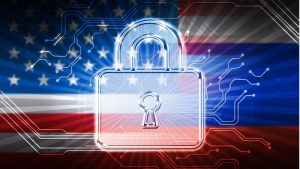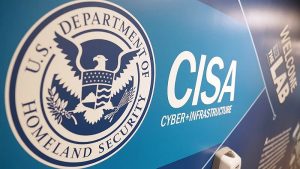The Federal Communications Commission (FCC) on June 6 voted to approve a $200 million pilot project that will take a three-year deep dive into studying the best cybersecurity services and equipment options for K-12 schools and libraries.
Where are the lines being drawn between robots and humans, and looking ahead, how are costs, complexity, sustainability, and potential biases in cybersecurity and artificial intelligence (AI) technologies to be managed?
The Environmental Protection Agency (EPA) said Monday that recent inspections have revealed that more than 70 percent of water systems looked at since September 2023 are in violation of basic Safe Drinking Water Act requirements – thus causing “critical” cybersecurity vulnerabilities.
Massachusetts Gov. Maura Healey announced that her administration will roll out a cybersecurity grant program that will help local governments improve their cyber defenses.
California Polytechnic State University (Cal Poly) has launched Cleared for Success (CFS), a workforce development initiative aimed at bridging talent gaps in the cybersecurity sector.
Pro-Russia hacktivists are targeting and compromising small-scale operational technology (OT) systems in North American and European critical infrastructure sectors – including water and wastewater systems (WWS), dams, energy, and food and agriculture – according to a joint fact sheet released today by leading Federal cyber agencies.
The Department of Energy’s (DoE) Office of Cybersecurity, Energy Security, and Emergency Response (CESER) has announced $15 million in funding to establish six university-based electric power cybersecurity centers that will foster collaboration across the energy sector to address gaps in energy security research and provide cybersecurity education programs.
Following the discovery of a Chinese-based hacking group compromising U.S. critical infrastructure, the White House – in collaboration with the Environmental Protection Agency (EPA) – announced plans this week to form a Water Sector Cybersecurity Task Force.
The Nevada Gaming Control Board (NGCB) announced that it is moving to a new website platform following a cybersecurity incident first announced in January.
The Cybersecurity and Infrastructure Security Agency (CISA) has released a new guide for university cybersecurity clinics.












